Being emotionally mature doesn’t mean being perfect or never struggling.
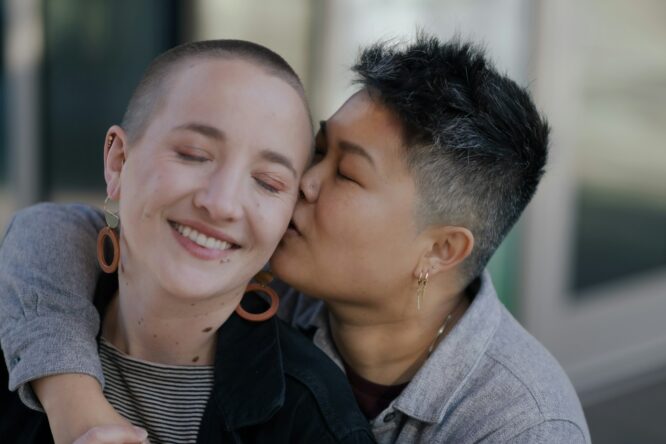
In reality, it means you’re self-aware enough to own your feelings, handle conflict with care, and take responsibility for your impact on other people. In relationships—whether romantic, platonic, or even professional—emotional maturity tends to show itself through calm reactions, thoughtful boundaries, and a deep respect for everyone involved.
If you often find yourself holding space, navigating tension, or bringing clarity where other people bring chaos, you might just be the emotionally mature one in the room. Here are some signs that point to exactly that.
1. You don’t react impulsively, especially when you’re upset.

When something hurts or triggers you, your first instinct isn’t to lash out or make it someone else’s problem. You take a moment. You sit with your emotions. You figure out what you actually need before responding. That pause creates space for clarity, and it often prevents unnecessary hurt. It’s not always easy, but the fact that you’re willing to check yourself before causing a ripple says a lot about your inner growth.
2. You communicate directly, not passively or aggressively.

Instead of sending cryptic texts, dropping hints, or letting things fester, you say what you mean. You don’t sugar-coat the truth, but you also don’t weaponise it. You aim for clarity, not control. This kind of communication helps people feel safe and seen, even during hard conversations. When people around you aren’t used to that kind of honesty, your approach can feel refreshingly grown-up.
3. You take responsibility for your role in conflict.
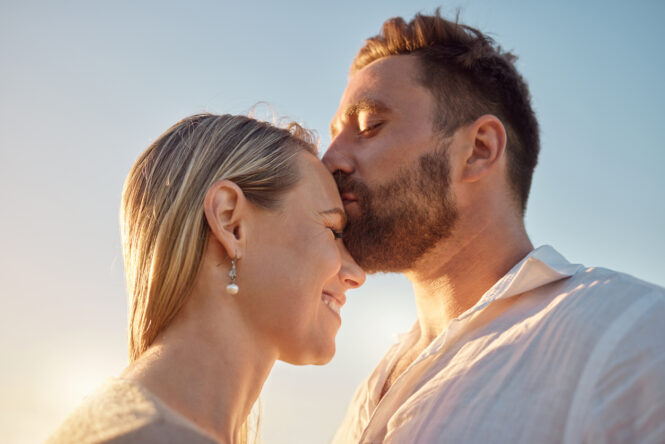
Even if the other person was more “wrong,” you’re still willing to own your side. You reflect on how you showed up, what you could have done better, and how to do differently next time. You don’t deflect, play victim, or rely on blame. You know that real resolution starts with accountability, and you model that, even when other people don’t.
4. You don’t chase closure from people who can’t give it.

You’ve learned that some people won’t ever admit they were wrong. Some won’t apologise. Some will just vanish. And while it hurts, you don’t beg for closure where you know it won’t come. You create your own closure through reflection and self-trust. That kind of emotional independence is rare, and it keeps you from staying stuck in loops that don’t serve you.
5. You know how to hold space without fixing everything.

When someone’s venting, grieving, or overwhelmed, you don’t jump in with solutions unless they ask. You understand that not everything needs to be solved—sometimes, it just needs to be heard. Your presence offers calm instead of chaos. People trust you with their feelings because you don’t try to control them—you just let them be, and that alone is healing.
6. You don’t avoid uncomfortable conversations.

You know that growth happens through discomfort, not around it. So even when it’s awkward or tense, you’re willing to talk about what needs talking about, especially if it keeps the relationship honest. It’s not about confrontation for the sake of it. It’s about care. You’d rather clear the air than pretend everything’s fine while resentment simmers underneath.
7. You respect boundaries, even ones you don’t personally agree with.

If someone tells you they need space, time, or distance, you don’t take it personally. You understand that boundaries aren’t a rejection of you—they’re a reflection of someone’s needs. Even if it’s hard, you honour that line. When other people aren’t used to boundaries being respected, your response often sets a new standard for what care looks like.
8. You can sit with your own emotions without offloading them onto other people.
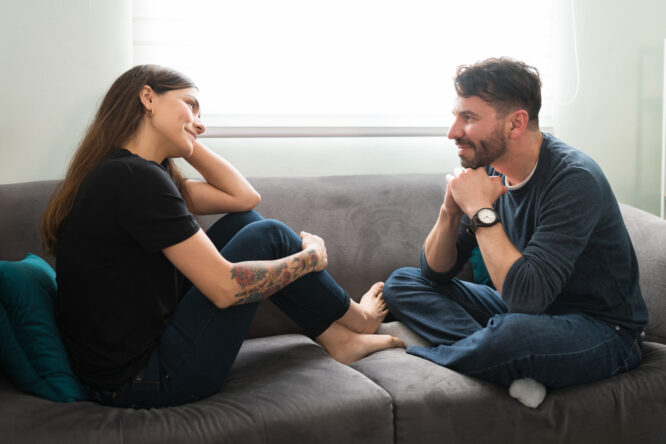
When you’re overwhelmed, you don’t explode or dump your feelings recklessly. You know how to check in with yourself, take a breather, and process what’s coming up before involving other people. That self-regulation makes you feel safer to be around. It shows that you can have big feelings without making everyone else responsible for managing them.
9. You don’t play games or test people’s loyalty.

You don’t need to make someone jealous to feel secure. You don’t pull away just to see if they’ll chase you. You choose transparency over manipulation—because you value real connection over power plays. People feel stable around you, even if they’re not always used to that. While some may take your maturity for granted, others will grow because of it.
10. You don’t get defensive when someone gives you feedback.
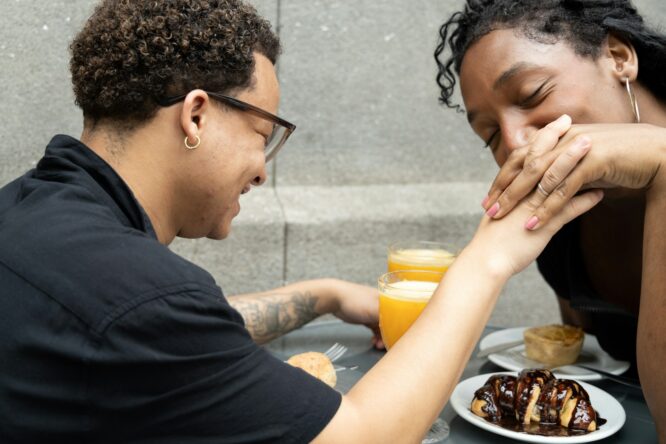
If someone points out something you did that hurt them, your initial reaction isn’t to justify yourself or flip it back on them. You listen. You take it in. You reflect before reacting. That doesn’t mean you always agree, but you create space for other people to express themselves. That kind of openness is rare, and it makes your relationships more resilient.
11. You support without controlling.

You want the best for the people you care about, but you also know it’s not your job to “fix” their lives. You can offer guidance, care, and encouragement without crossing into control or overstepping. That kind of balance shows up most in close relationships. You let people make their own choices, even if they’re different from what you would’ve done. That respect is maturity in action.
12. You apologise sincerely and without conditions.
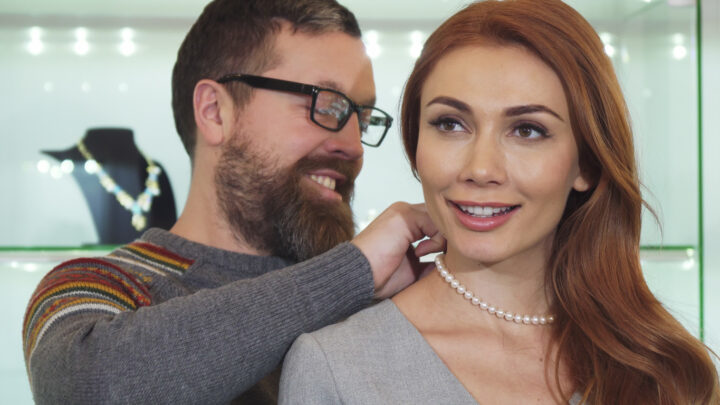
When you mess up, you don’t offer one of those “sorry you feel that way” half-apologies. You acknowledge what you did, how it affected the other person, and what you’ll do differently going forward. You don’t see apologising as weakness—you see it as respect. And that alone puts you far ahead of people who are still too proud to own their impact.
13. You don’t base your worth on someone else’s approval.

While you care deeply about connection, you don’t contort yourself to be accepted. If someone doesn’t value you, you let them go. Your self-worth doesn’t live in their hands. That emotional self-trust makes your relationships healthier. It allows you to love freely without losing yourself, and it encourages everyone around you to do the same.
14. You know when to walk away—for real.

It’s not about being cold or unforgiving. It’s about recognising when something is no longer respectful, mutual, or healthy. When the relationship becomes one-sided, you don’t cling—you choose yourself. Walking away with grace, not resentment, is one of the clearest signs of emotional maturity. It shows you value peace more than proving a point, and it shows you know that love without respect isn’t worth staying for.




